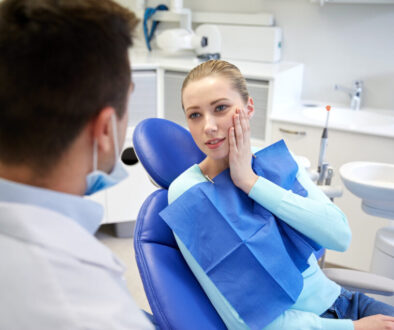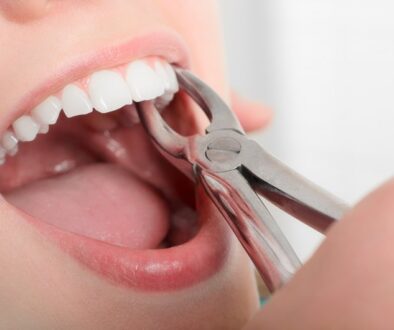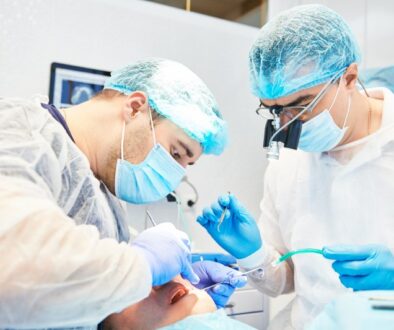5 POST-OP QUESTIONS ABOUT DENTAL IMPLANT SURGERY
Are you ready for dental implant surgery in Denver? While you are likely already imagining your beautiful future smile, don’t forget to plan for the first few days after implant placement. This initial period is very important for your oral health and the ultimate success of your dental implants. Don’t know what to expect? Here are five of the most common dental implant post-op questions from patients, answered.
#1. Can I Drive Home?
You should arrange for a friend or family member to drive you home after dental implant surgery. Getting dental implants placed typically involves local anesthesia or sedation dentistry. Some patients experience blurring of vision following anesthesia. Meanwhile, the effects of dental sedation on coordination can take some time to completely wear off. For these reasons, you should avoid getting behind the wheel immediately after your oral surgery. Plan on waiting approximately 24 hours before driving or operating heavy machinery.
#2. Will I Feel Any Pain or Swelling?
You may experience some mild pain and facial swelling in the first few days after dental implant surgery. This discomfort is completely normal and can usually be managed with over-the-counter painkillers or prescription medication (if your dentist prescribed it). To reduce swelling, hold an ice pack to your cheek off and on for 20 minutes at a time as needed.
#3. What Can I Eat?
Stick to soft foods and lukewarm liquids for the first 24-48 hours after getting your dental implants placed. For example, mashed potatoes, scrambled eggs, yogurt, oatmeal, and apple sauce are all healthy and safe to eat during this period. In addition, avoid drinking through a straw for the first 24 hours following surgery. The suction from using a straw could dislodge the protective blood clot that forms over the implant site.
#4. Can I Brush My Teeth?
Practicing good oral hygiene after oral surgery is very important. You can resume normal brushing 24 hours after surgery. Take special care to brush gently and avoid any sutures or the implant itself. To help prevent infection, you can also gently rinse your mouth every so often with mild saltwater. Avoid using mouth wash or hydrogen peroxide rinses for 14 days.
#5. Can I Smoke Tobacco?
It is strongly recommended that you do not smoke after undergoing dental implant surgery. Tobacco use can significantly increase the risk of implant failure by slowing down the healing process. If your dental implant does not properly heal and fuse with the jawbone, it will not be strong enough to support a new artificial tooth.
Do you feel ready to start your journey to a renewed smile? If you have any more questions about what to expect after dental implant surgery in Denver, don’t hesitate to contact your dentist or oral surgeon.
About the Author
A member of the prestigious American Board of Oral and Maxillofacial Surgery, Dr. Brian Fangman regularly rebuilds patient smiles with dental implants. He leads the expert team at Altitude Oral Maxillofacial Implant Center, which has five convenient locations in the Denver area. To learn more about dental implant surgery, visit the Altitude Oral Maxillofacial Implant Center website or call Dr. Fangman at 720-575-2734.




